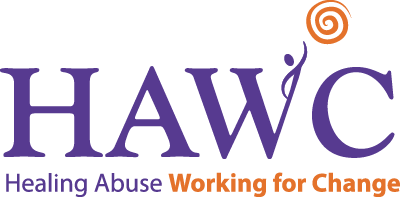As members of the lesbian, gay, bisexual, transgender, and questioning (LGBTQ) community age, they fear mistreatment based on who they are and who they love.
Thus, for 2.5 million LGBTQ seniors, safe housing and respectful senior care are not guaranteed.
Domestic violence takes many forms, and as aging causes relationships to shift—because of widowhood, divorce, health decline, or the dynamics of aging children turning into caregivers— the use of power and control may become a part of caregiving, resulting in higher rates of abuse against older people. For LGBTQ seniors, this problem is compounded by prejudice.
Isolation plays a heavy role in many cases of abuse later in life, as an older adult may have a smaller support system to help them identify and fight against abuse. For LGBTQ seniors, who have faced discrimination on the basis of their identity, the risk of isolation, and therefore the risk of abuse, becomes even higher. With same sex marriage legalization occurring very recently, many unmarried LGBTQ seniors face the risk of financial abuse, as their property is not safely in the hands of an able-minded spouse. Lack of marriage property laws can also cause an uneven possession of property and accounts, meaning LGBTQ seniors may be financially and medically dependent on their partners, thereby unable to leave abusive situations as easily. A potential lack of children can result in further disenfranchisement, as LGBTQ seniors do not have the built-in caretakers that opposite-sex couples with children do.
For care providers, cultural misconceptions may result in mistreatment as well. The media focuses issues of abuse on men against women, often ignoring cases of abuse between same sex couples and lowering care providers’ awareness of domestic abuse issues in LGBTQ relationships. Additionally, most caregivers and senior living facilities presume their patients are heterosexual or cisgender and care for their patients— failing to take certain medical precautions or not knowing how to treat LGBTQ individuals properly. Upon disclosing their LGBTQ identity, LGBTQ seniors fear that caregivers and doctors may refuse to care for them at all, reacting with discomfort and prejudice.
Now more than ever, as a new wave of LGBTQ adults are becoming seniors, it is essential that visible networks of support exist for LGBTQ seniors to rely upon. This support and raised awareness can help brave members of the LGBTQ community continue to carry themselves with pride.


